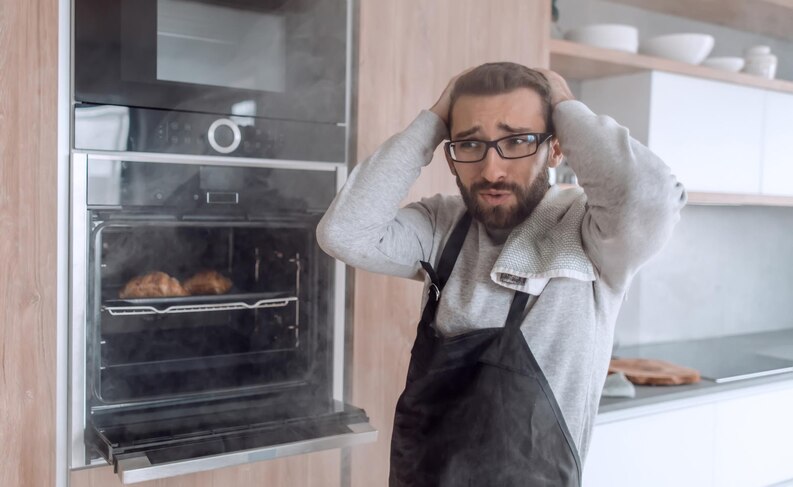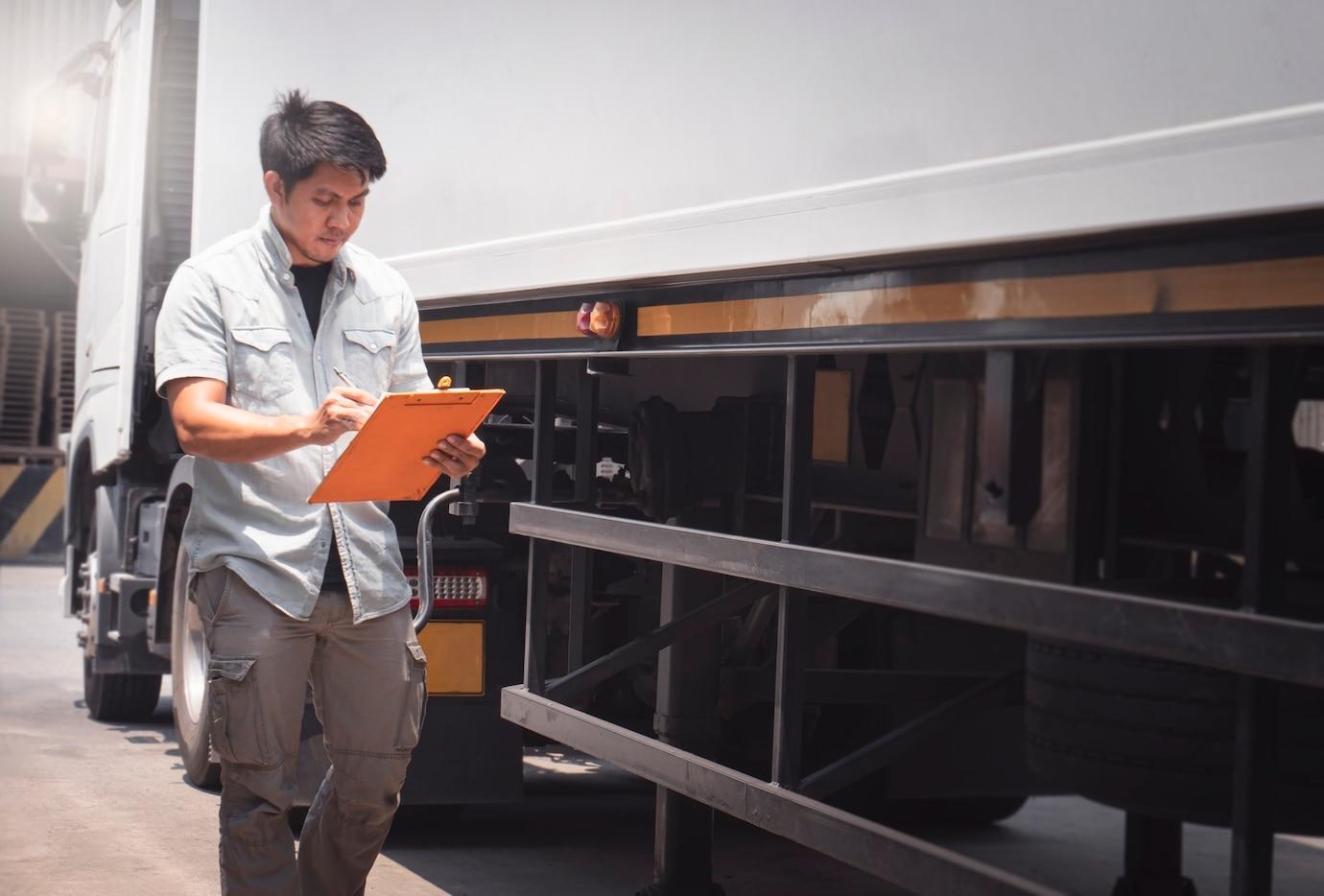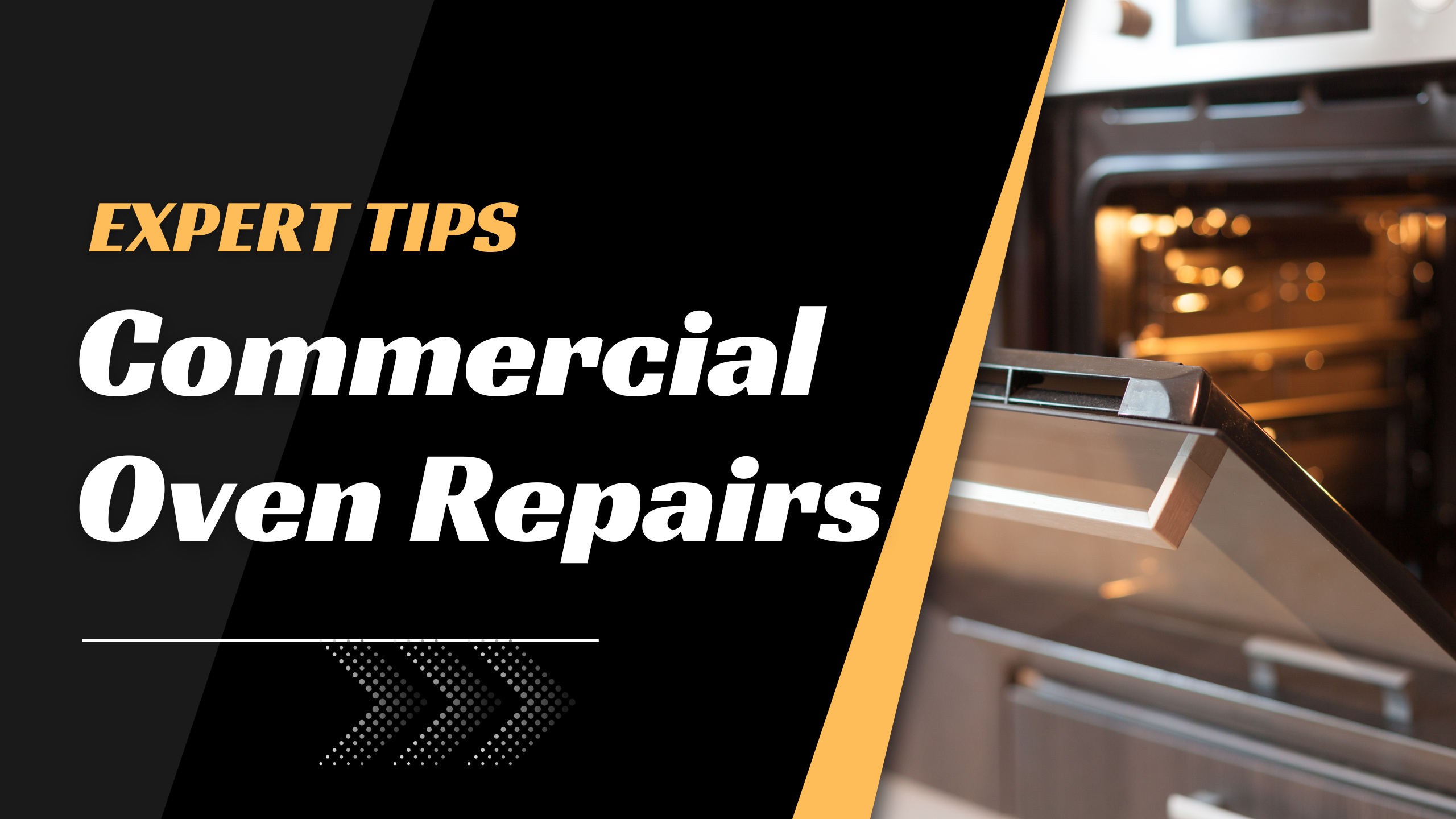An oven that suddenly stops working can be a major disruption, especially in a active commercial kitchen. Whether you’re facing issues in a busy restaurant or a home kitchen, understanding why your oven has stopped functioning is the first step toward a solution. This article delves into five common reasons why ovens fail and offers tips for commercial oven repairs to help you identify and address these issues. Additionally, you’ll learn how CCi can provide the necessary expertise to get your oven back up and running, ensuring you stay out of the lurch during crucial moments.
Common Reasons Your Oven Might Not Be Working
1. Igniter Issues
A faulty igniter is one of the most frequent reasons an oven refuses to operate. The igniter’s role is critical as it ignites the gas in gas ovens or triggers the heating elements in electric ovens. When this component malfunctions, the oven either won’t heat up or will take an unusually long to reach the desired temperature.
- How CCi Fixes This:
CCI’s skilled technicians have ample experience in diagnosing igniter issues. They will first check whether the igniter is receiving power or not, if not, they will check whether the problem lies within the igniter itself or with the wiring. Once diagnosed, the igniter is replaced or repaired swiftly, restoring your oven’s functionality.
2. Malfunctioning Heating Element
Another common culprit in oven breakdowns is the malfunctioning heating element. In electric ovens, these elements produce the heat needed to cook food. When they wear out or break, the oven may fail to heat up properly, or in some cases, not at all. To resolve this issue, it’s often necessary to replace an oven heating element to restore proper function.
- How CCi Fixes This:
CCi technicians are well-equipped to handle heating element replacements. They will first test the element to confirm it is the source of the problem. If the component is indeed faulty, they will replace it with a high-quality part that ensures consistent and even heating, allowing your oven to return to optimal performance.
3. Thermostat Failures
The thermostat in your oven controls the temperature by regulating the heating elements or burners. A faulty thermostat can cause your oven to overheat, underheat, or not heat. If you’re finding that your food is consistently undercooked or overcooked despite following recipes to the letter, the thermostat might be to blame.
- How CCi Fixes This:
CCI’s professionals will conduct a thorough assessment of the thermostat. They can use specialized tools to determine whether the thermostat reads temperatures correctly. If a fault is detected, they will recalibrate or replace the thermostat, ensuring your oven heats to the temperatures needed for perfect cooking.
4. Wiring Problems
Electrical ovens, in particular, can suffer from wiring issues that prevent them from working. Loose connections, frayed wires, or faulty circuit boards can all cause an oven to malfunction or not power on. This is a more complex issue requiring a skilled technician’s attention to avoid potential safety hazards.
- How CCi Fixes This:
Safety is a top priority for CCi. Their experts will inspect the wiring and electrical components for any signs of damage. They will repair or replace faulty wires and ensure all connections are secure, thus eliminating any risk of electrical shorts or fires. CCi’s attention to detail will restore your oven to reliable working conditions.
5. Gas Supply Issues
An interrupted or insufficient gas supply can be a primary reason for the malfunction of gas ovens. This issue can stem from various sources, including clogged gas lines, faulty valves, or issues with the gas regulator. A gas oven that doesn’t light or fails to maintain heat could be suffering from these gas supply problems.
- How CCi Fixes This:
CCi technicians are trained to handle gas-related issues with the utmost care. They will inspect the gas lines, valves, and regulators to identify blockages or faults. Once the problem is located, they will clean, repair, or replace the necessary components to ensure a consistent and safe gas flow to your oven.
Why Choose CCi for Your Oven Repair Needs?
When dealing with a malfunctioning oven, particularly in a commercial setting, time is of the essence. That’s where CCi excels, offering prompt and professional service to minimize downtime and ensure your kitchen remains operational.
1) Expertise in Commercial Ovens Repair:
CCi specializes in commercial oven repair, understanding the unique demands of high-volume kitchens. Their technicians are trained to handle specific challenges related to commercial equipment, from oversized convection ovens to industrial-grade ranges. With CCi, you can trust that your commercial oven will be repaired precisely and carefully.
2) Prompt and Reliable Service:
Time is money, especially in a commercial kitchen. CCi is known for its quick response times and efficient service. When you call CCi for oven repair, you’re not just getting a repair; you’re also getting a commitment to restoring your kitchen’s functionality as swiftly as possible. So, when you wonder, “How Much Should I Pay for Oven Repair?” remember that with CCi, you’re paying for both expertise and a prompt return to business.
3) Use of High-Quality Parts:
One of the hallmarks of CCi’s service is its use of only high-quality OEM (Original Equipment Manufacturer) parts. This ensures that repairs are durable and that your oven operates at its best long after the service is completed.
4) Comprehensive Diagnosis:
CCi’s approach to oven repair is thorough. They don’t just fix the immediate issue; they perform a comprehensive diagnostic to ensure there aren’t any underlying problems that could cause future breakdowns. This preventative approach saves you time and money in the long run.
5) Customer-Centric Approach:
CCi prides itself on its customer-centric approach. They understand that each client’s needs are unique, whether you’re a small bakery or a large restaurant chain. Their technicians take the time to explain the issues, the repair process, and the costs involved, ensuring complete transparency and peace of mind.
Maintaining Your Oven Post-Repair
Once your oven is back in working order, it’s essential to maintain it properly to avoid future issues. Regular cleaning, especially of the heating elements and igniters, can prevent buildup that may lead to malfunctions. To avoid having to troubleshoot your oven frequently, ensure that gas lines and connections are clean and secure for gas ovens, as this is crucial for safe operation.
Conclusion
Routine cleaning, having your oven serviced annually by CCi can catch potential issues before they become significant problems. This proactive approach extends the life of your oven and ensures that it remains reliable during peak service times.

 0800 644 2727
0800 644 2727


